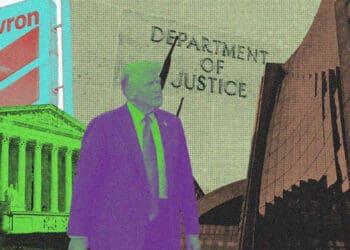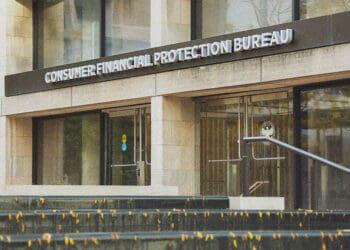Evidence of Widespread Consumer Finance Violations Mounts
On July 21, 2017, OSHA determined that Wells Fargo had unlawfully retaliated against a former branch manager who reported her colleagues for fraudulently opening customer accounts. The announcement marks the most recent in a series of negative repercussions following the bombshell CFPB announcement in September 2016 that it was fining Wells Fargo $185 million for secretly opening unauthorized deposit and credit card accounts for its customers.
The Occupational Safety and Health Administration (OSHA) of the U.S. Department of Labor (DOL) ordered Wells Fargo on Friday, July 21, 2017, to reinstate and pay $577,500 in back wages, damages and other fees to a former branch manager that Wells Fargo had fired after she reported fraudulent conduct by her subordinates. OSHA determined that the former manager’s reports contributed to her termination, and thus the termination violated the Sarbanes-Oxley Act of 2002 (SOX) and the Consumer Financial Protection Act of 2010 (CFPA).
SOX and the CFPA
SOX and the CFPA are distinct but overlapping statutes protecting individuals in the finance industry from retaliation for reporting certain types of unlawful activities. SOX contains a broad anti-retaliation provision that prohibits publicly traded companies and their subsidiaries and subcontractors from retaliating against an employee because that employee complained about or reported various forms of fraud. The CFPA protects “individuals performing tasks related to the offering or provision of a consumer financial product or service,” including banking or credit services, from retaliation for reporting violations of any consumer finance laws that are under the jurisdiction of the Consumer Financial Protection Bureau (CFPB).
Blowing the Whistle
OSHA’s finding of retaliation in this case is notable because the employee’s reports related to her concerns that Wells Fargo bankers were “opening customer accounts and enrolling customers in bank products without their knowledge, consent or appropriate disclosures.” Thus, her reports concerned the same misconduct that underlay the bombshell CFPB announcement in September 2016 that it was fining Wells Fargo $185 million for secretly opening unauthorized deposit and credit card accounts for its customers. In addition to that $185 million fine, a federal judge recently preliminarily approved a $142 million settlement of a national class action suit brought against Wells Fargo by customers harmed by these unlawful activities.
According to a Los Angeles Times article on OSHA’s announcement, Wells Fargo stated that it “disagree[s] with the findings and will be requesting a full hearing of the matter.” But OSHA’s decision comes just three months after a similar ruling in April 2017, in which OSHA announced that it had ordered Wells Fargo to reinstate and pay approximately $5.4 million in back pay, compensatory damages and attorneys’ fees to a former bank manager who “lost his job after reporting suspected fraudulent behavior to superiors and a bank ethics hotline.” And, after CFPB’s announcement of the fine it levied against Wells Fargo in September 2016, CNNMoney reported that it had spoken to several former Wells Fargo employees who were terminated after they spoke out against the illegal actions forming the basis for the CFPB’s enforcement action. Some of them may complain to OSHA as well.
Continuing Consequences
Thus, Wells Fargo continues to feel the consequences of its fraudulent actions that harmed so many of its customers and employees, and there may be more to come. As Barbara Goto, OSHA’s regional administrator in San Francisco, stated, “No banking industry employee should fear retaliation for raising concerns about fraud and practices that violate consumer financial protections. The U.S. Department of Labor will fully and fairly enforce the whistleblower protection laws under its jurisdiction.”



 Matthew LaGarde is an associate with the whistleblower and employment law firm
Matthew LaGarde is an associate with the whistleblower and employment law firm 









